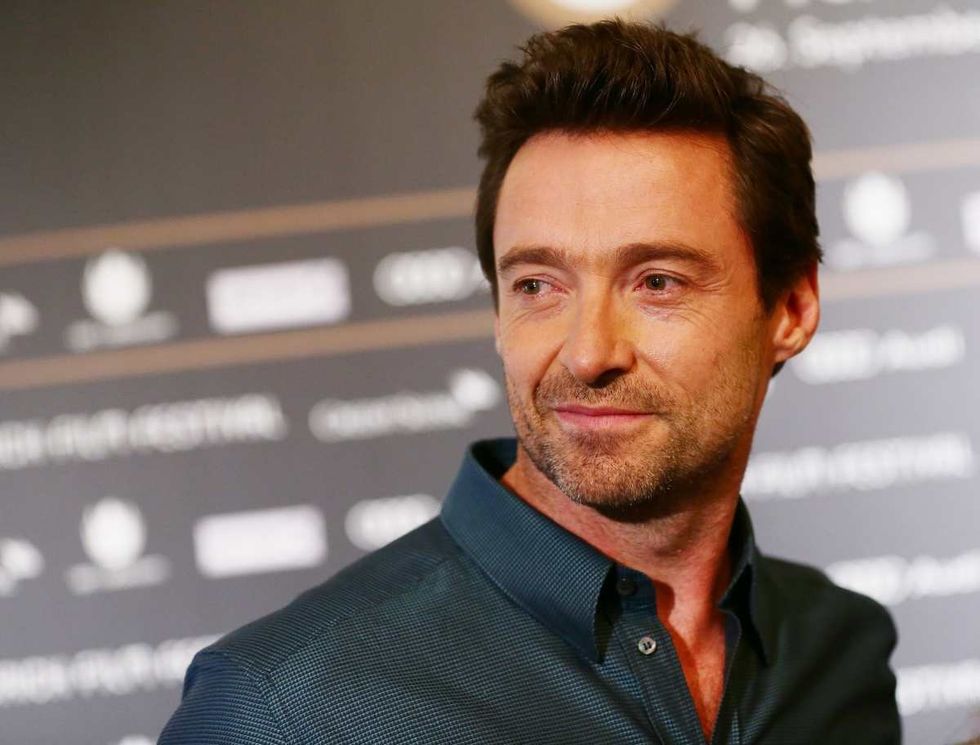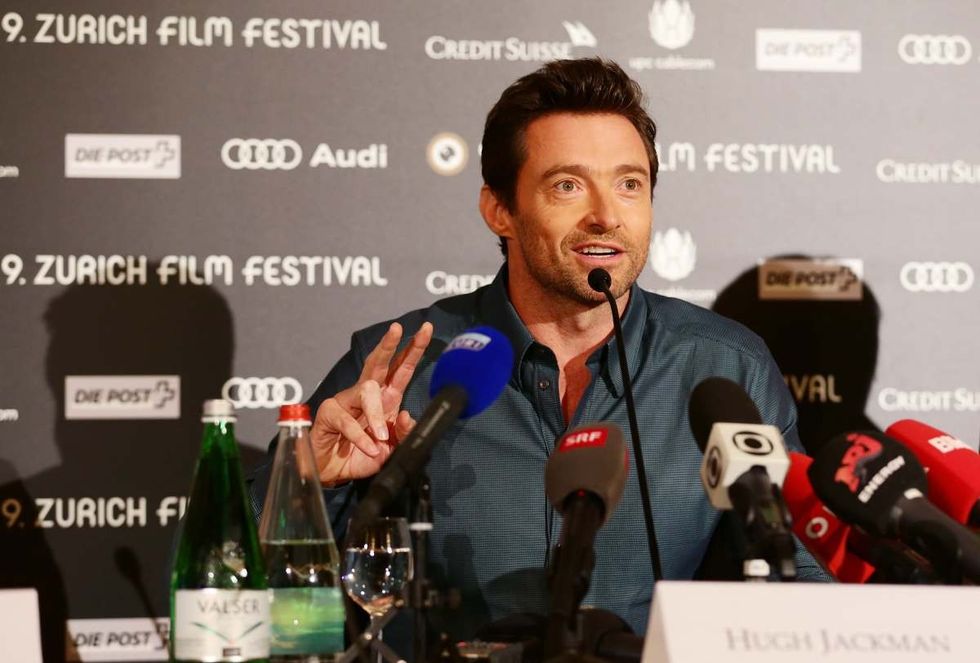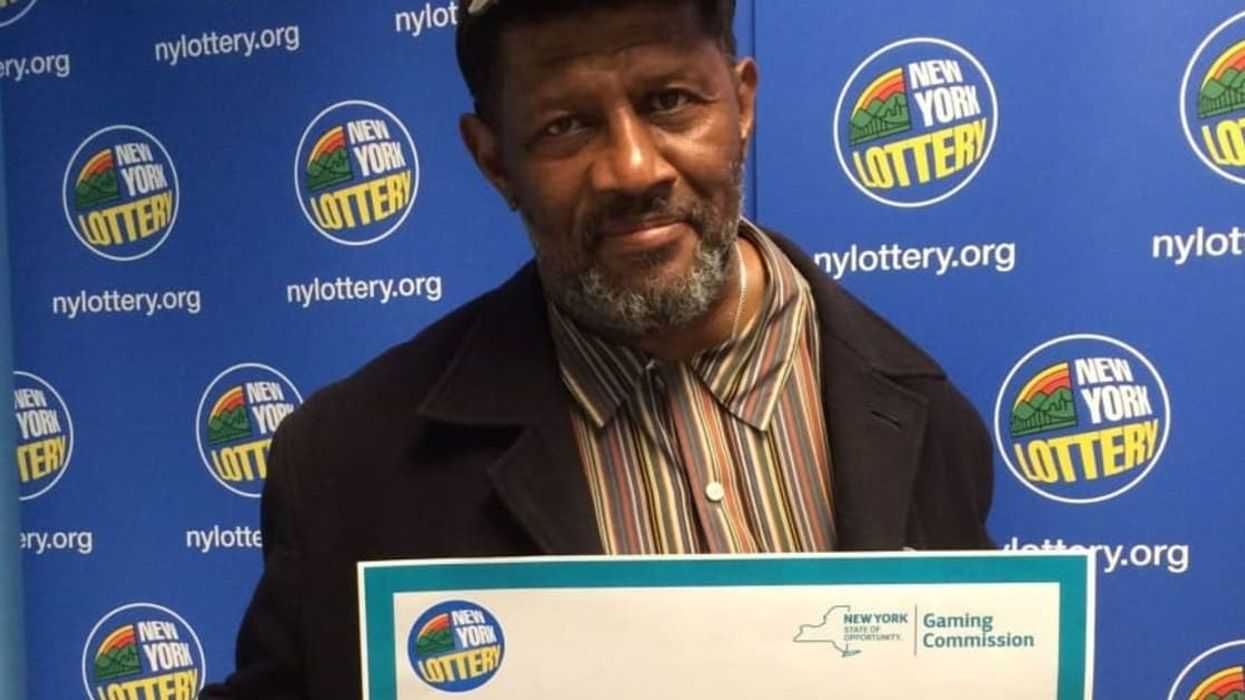Today, Hugh Jackman is one of Hollywood’s biggest stars, but before his rise to fame, he was just a physical education teacher at Uppingham School. In the fall of 2013, while navigating the green carpet at the Zurich Film Festival, Jackman had a surprising reunion with a former student, Rollo Ross, now an entertainment reporter. After their encounter, Rollo uploaded a short YouTube clip that has since garnered over 38 million views. In the video, Jackman playfully tests how his former student is doing with some witty remarks.

The clip begins with Jackman, dressed in a sharp black suit, posing for selfies with fans as bodyguards keep watch. After crossing the street, where cameras and reporters eagerly waited, Jackman made his way through the crowd to greet Rollo. “Hey Rollo! It’s good to see you.” Abashed, Rollo maintained his reporter role and started asking questions from Jackman. “You are getting an award tonight for your contribution to film and stage,” Rollo said, while Jackman kept saying, “Yeah.” Rollo asked, “How do you feel about that?” But Jackman had other thoughts running in his mind. He replied, “I am good, but Rollo, I am sorry man, we go way back.”
“I used to teach you at high school and now I want to know how your physical education is progressing. It’s very important to me,” Jackman continued while Rollo chuckled behind the camera. But once a teacher, always a teacher. Jackman wasn’t done yet with his test. He pulled Rollo in front of the camera. “This man I used to teach in a school in London,” Jackman said looking straight into the camera, while Rollo stood there, slightly nervous and smiling, with his cheeks blushing red.
It seemed the student couldn’t stand there any longer. Rollo moved away again behind the camera, screaming “Oh no!” But how could a teacher leave his student unattended so easily. Jackman kept asking him, “How’s your education going?” To this, Rollo said, “Oh it's going great,” as most students usually say. It was later in the caption of the video that he expressed his true emotion, “Hugh Jackman giving me a little bit of nice humiliation on the green carpet at the Zurich film festival after realizing he taught me at Uppingham School.”

But Jackman still wanted to confirm whether his former student was doing all good. When asked how he was able to portray the emotion of anger in his character of “Wolverine,” he answered, “You know what makes me angry, students who do not really listen. It’s the kind of student who doesn’t bring their kit; the kind of student who doesn’t jump in the pool when I tell them to jump in, that’s what makes me angry, Rollo. In fact, I am remembering you more and more.” Embarrassed, Rollo said, “Oh no! I have to pass out.” He titled the video footage of this interaction, “That awkward moment when Hugh Jackman remembers he taught you at school.”

The Australian actor who started his career on stage with 1995’s “Beauty and the Beast,” was honored with the Golden Icon Award at this particular film festival. In another footage of this evening that surfaced online, he can be heard saying, “I feel very blessed. I’m very appreciative of all the things that have come my way. Tonight is a humbling experience to get an award like this.”

In a later press interview, also shown in this footage, he said, “As an actor, you constantly need to move forward. You’re trying different things you’re challenging yourself, you’re connecting with what is in front of you and not trying to live in the glory days or sense of history.” As it turns out, Jackman practices what he preaches. He is not just an actor, but also a singer, a dancer, and an epic musical stage performer. And with this encounter with Rollo, it is evident that he’s still a good “teacher.”




















 Ladder leads out of darkness.Photo credit
Ladder leads out of darkness.Photo credit  Woman's reflection in shadow.Photo credit
Woman's reflection in shadow.Photo credit  Young woman frazzled.Photo credit
Young woman frazzled.Photo credit 



Will your current friends still be with you after seven years?
Professor shares how many years a friendship must last before it'll become lifelong
Think of your best friend. How long have you known them? Growing up, children make friends and say they’ll be best friends forever. That’s where “BFF” came from, for crying out loud. But is the concept of the lifelong friend real? If so, how many years of friendship will have to bloom before a friendship goes the distance? Well, a Dutch study may have the answer to that last question.
Sociologist Gerald Mollenhorst and his team in the Netherlands did extensive research on friendships and made some interesting findings in his surveys and studies. Mollenhorst found that over half of your friendships will “shed” within seven years. However, the relationships that go past the seven-year mark tend to last. This led to the prevailing theory that most friendships lasting more than seven years would endure throughout a person’s lifetime.
In Mollenhorst’s findings, lifelong friendships seem to come down to one thing: reciprocal effort. The primary reason so many friendships form and fade within seven-year cycles has much to do with a person’s ages and life stages. A lot of people lose touch with elementary and high school friends because so many leave home to attend college. Work friends change when someone gets promoted or finds a better job in a different state. Some friends get married and have children, reducing one-on-one time together, and thus a friendship fades. It’s easy to lose friends, but naturally harder to keep them when you’re no longer in proximity.
Some people on Reddit even wonder if lifelong friendships are actually real or just a romanticized thought nowadays. However, older commenters showed that lifelong friendship is still possible:
“I met my friend on the first day of kindergarten. Maybe not the very first day, but within the first week. We were texting each other stupid memes just yesterday. This year we’ll both celebrate our 58th birthdays.”
“My oldest friend and I met when she was just 5 and I was 9. Next-door neighbors. We're now both over 60 and still talk weekly and visit at least twice a year.”
“I’m 55. I’ve just spent a weekend with friends I met 24 and 32 years ago respectively. I’m also still in touch with my penpal in the States. I was 15 when we started writing to each other.”
“My friends (3 of them) go back to my college days in my 20’s that I still talk to a minimum of once a week. I'm in my early 60s now.”
“We ebb and flow. Sometimes many years will pass as we go through different things and phases. Nobody gets buttsore if we aren’t in touch all the time. In our 50s we don’t try and argue or be petty like we did before. But I love them. I don’t need a weekly lunch to know that. I could make a call right now if I needed something. Same with them.”
Maintaining a friendship for life is never guaranteed, but there are ways, psychotherapists say, that can make a friendship last. It’s not easy, but for a friendship to last, both participants need to make room for patience and place greater weight on their similarities than on the differences that may develop over time. Along with that, it’s helpful to be tolerant of large distances and gaps of time between visits, too. It’s not easy, and it requires both people involved to be equally invested to keep the friendship alive and from becoming stagnant.
As tough as it sounds, it is still possible. You may be a fortunate person who can name several friends you’ve kept for over seven years or over seventy years. But if you’re not, every new friendship you make has the same chance and potential of being lifelong.